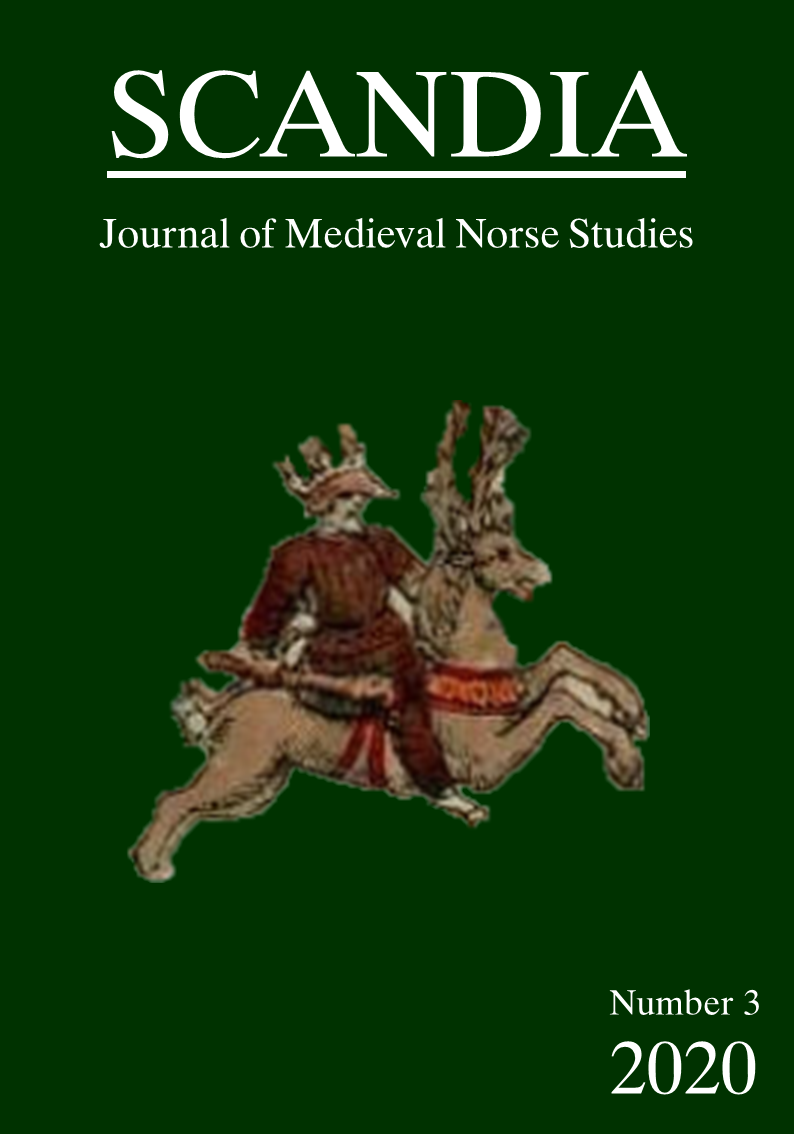RELIGIOSIDADE NÓRDICA POR MEIO DE UM OLHAR VITORIANO: THE FOLK OF THE MOUNTAIN DOOR (O POVO DO SOPÉ DA MONTANHA), DE WILLIAM MORRIS, 1914.
Resumen
Este artigo apresenta uma tradução do conto chamado The Folk of the Mountain Door (1914), escrito por William Morris ao final de sua vida. Um escritor romântico inglês do período vitoriano, Morris estudou nórdico antigo e as sagas com seu amigo islandês Eiríkr Magnússon, produzindo traduções das mesmas e obras literárias próprias com influência da mitologia nórdica. O texto aqui traduzido se trata de uma de suas obras escritas com influência dos estudos nórdicos, particularmente no que concerne à religiosidade e aspectos das comunidades da era Viking (793-1066 D.C.); nesse sentido, narra a vinda de dois anciãos misteriosos ao salão de banquetes durante o Dia-do-nome do filho do rei, bem como a enigmática mensagem trazida por esses visitantes. Optou-se por uma tradução que se aproximasse ao máximo do texto original, desse modo reproduzindo, em língua portuguesa, o estilo único de William Morris.
Palavras-chave: William Morris; religiosidade nórdica; sagas islandesas; comunidade.
Descargas
Descargas
Publicado
Número
Sección
Licencia
The author (s) of the original submitted undertake to comply with the following:
- All authors are publicly responsible for it.
- The authors claim that this original is their own and that they assume full responsibility to third parties, whether moral or patrimonial, by reason of its content, stating that the work does not infringe any intellectual property rights of third parties.
- The author (s) agree to the copyrights of the original to Scandia Journal, to which they grant permission for its reproduction, editing and online publication.
- The author (s) grant their copyright of their original to the Scandia Journal, licensed under the Creative Commons Attribution License, which allows the sharing of this work with the acknowledgment of their authorship.
- The author (s) have permission and are encouraged to cite and distribute their original.


